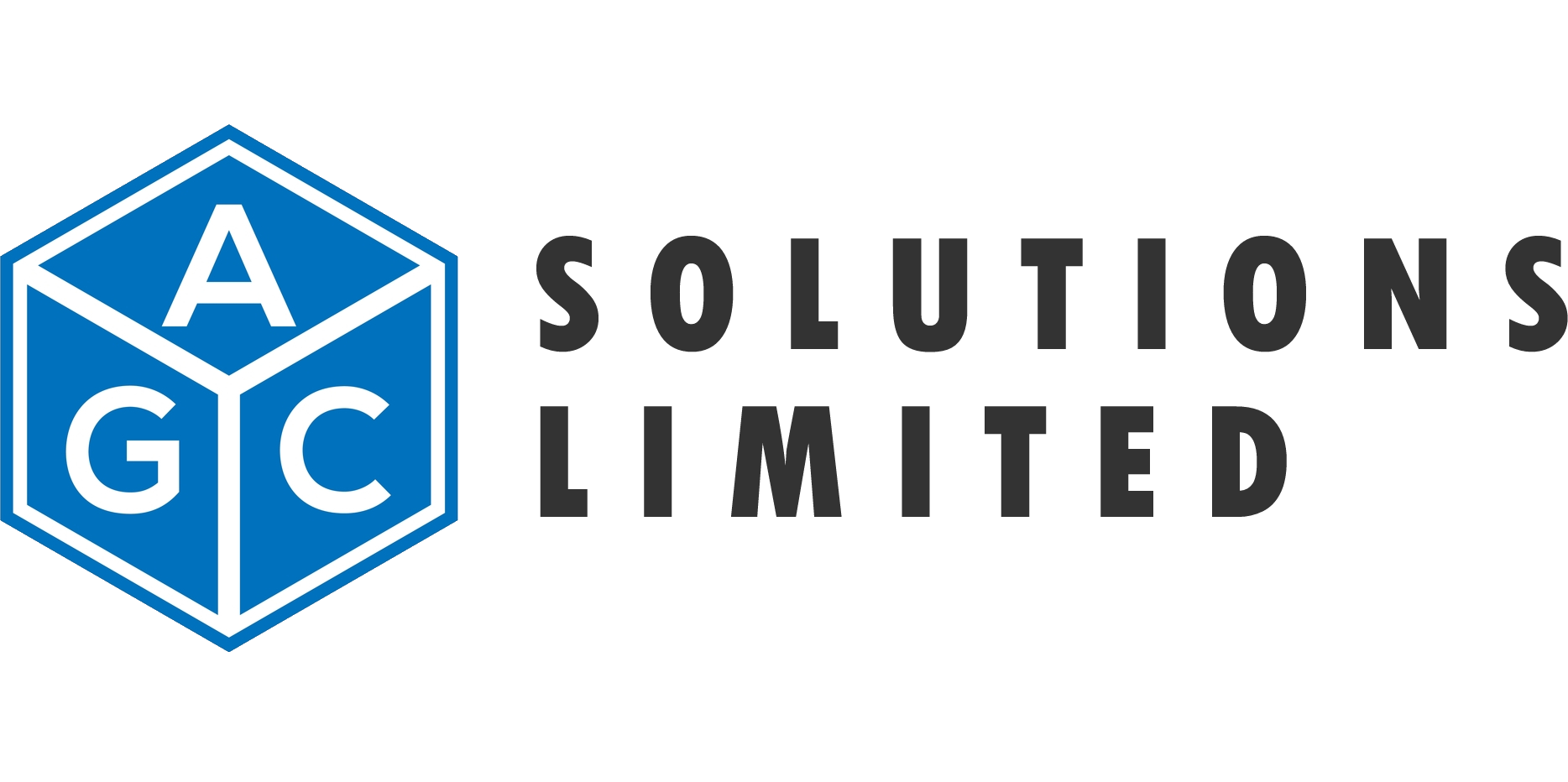London, UK
Commodity sales refer to the buying and selling of raw materials or primary goods that are generally used in production or trade. Commodity sales can involve various types of products, including agricultural products (such as grains, livestock, and dairy), energy resources (such as oil, gas, and coal), metals (such as gold, silver, and copper), and other natural resources.
Companies engaged in commodity sales typically act as intermediaries between producers and consumers, facilitating the exchange of these goods. They may operate in physical markets, where the actual delivery and transfer of commodities occur, or in financial markets, where commodity contracts are traded.
In commodity sales, factors such as supply and demand, market conditions, geopolitical events, and economic indicators play crucial roles in determining commodity prices. These prices often fluctuate based on global trends, weather conditions, government policies, and other external factors.
Commodity sales companies may offer services such as sourcing and purchasing commodities from producers, warehousing and logistics management, quality control, price negotiation, and delivery to customers. They may also provide market analysis, risk management strategies, and hedging options to clients involved in commodity trading.
It’s important to note that specific regulations and trading practices may vary in different jurisdictions and markets. Therefore, when engaging in commodity sales, it is advisable to consult with professionals and comply with relevant laws and regulations.
Recycled Precious Metals
Recycled precious metals refer to valuable metals that have been recovered, processed, and reused from various sources, including discarded electronic devices, jewelry, industrial waste, and other scrap materials. Recycling precious metals offers environmental and economic benefits by reducing the need for mining and decreasing the demand for newly extracted metals.
Recycling precious metals not only conserves natural resources but also offers economic opportunities and promotes sustainable practices. By choosing products and industries that incorporate recycled precious metals, individuals and businesses can contribute to a more sustainable and responsible future.
Edible Products
Commodity sales of edible products involve the buying and selling of food items that are traded as commodities in the market. These commodities can include a wide range of agricultural and food products, such as grains, oilseeds, livestock, dairy products, fruits, vegetables, and more.
Commodity sales of edible products are vital for ensuring a stable and efficient food supply chain. They enable producers, traders, and consumers to participate in the global food market, supporting food security, economic growth, and sustainable agriculture practices.
Scrap Metals
Commodity sales of scrap metals involve the buying and selling of recyclable metal materials that have reached the end of their useful life or are no longer needed. Scrap metals are valuable resources that can be recycled and used in various industries for manufacturing new products.
Commodity sales of scrap metals contribute to a circular economy, reducing waste, conserving resources, and promoting sustainable practices. By recycling and trading scrap metals, businesses and individuals can support the efficient use of materials and contribute to a more environmentally responsible approach to metal production and consumption.
Mining & Sale of Minerals & Fossil Fuels
Commodity sales in the mining industry involve the extraction, processing, and sale of minerals and fossil fuels. This sector plays a crucial role in meeting global energy and resource demands.
Commodity sales in the mining industry play a vital role in meeting global resource demands. Sustainable mining practices, responsible resource management, and a focus on reducing environmental impacts are essential for ensuring the long-term viability of commodity sales in this sector.
Sale of Green Energy Products
Commodity sales in the green energy sector involve the buying and selling of renewable energy products and technologies. These commodities contribute to the transition towards a cleaner and more sustainable energy system.
Commodity sales in the sale of green energy products contribute to the global effort of decarbonizing the energy sector and achieving a more sustainable future. These sales support the growth of renewable energy markets, drive innovation, and accelerate the transition to cleaner and more efficient energy systems.
Sale of Waste Products
The sale of waste products involves the buying and selling of materials that have been discarded or are considered waste in their original form. These waste products can be processed, recycled, or repurposed to create new value and reduce the burden on landfill sites.
The sale of waste products contributes to a more sustainable and circular economy by transforming waste into valuable resources. By participating in the sale of waste products, businesses and individuals can support waste reduction, resource conservation, and environmental stewardship.
Looking for funding solutions or expert mortgage guidance?
Reach out to us now and unlock the opportunities that await you.

